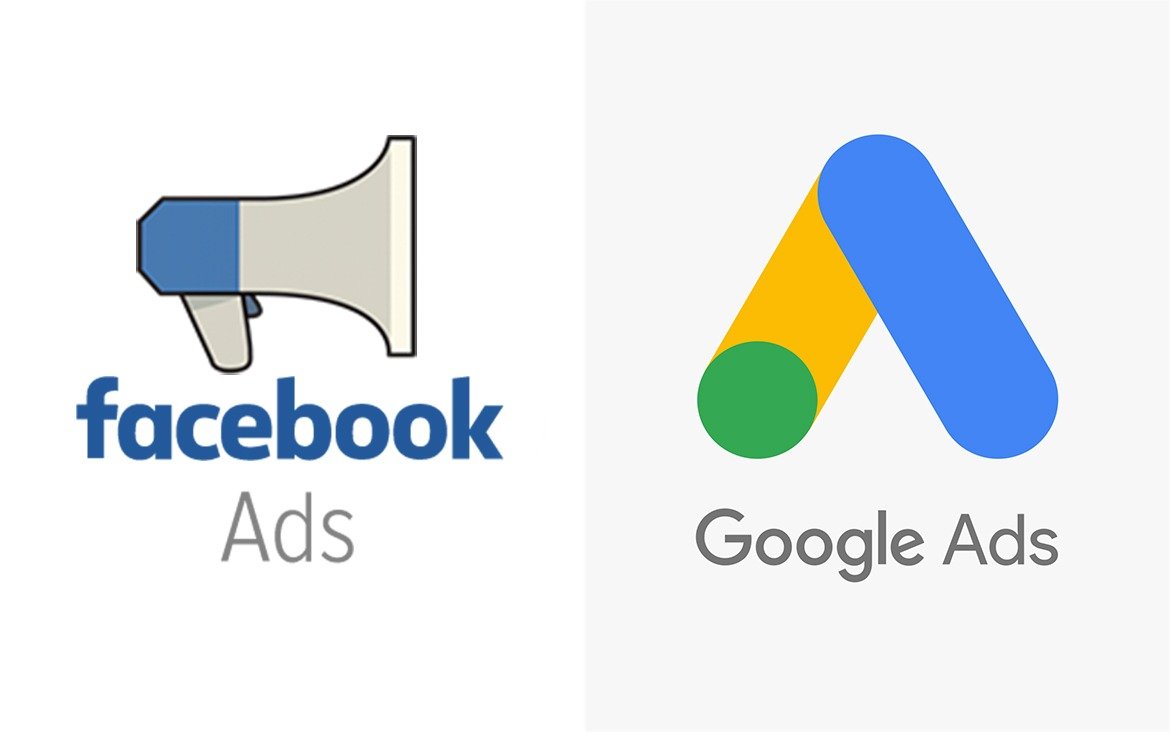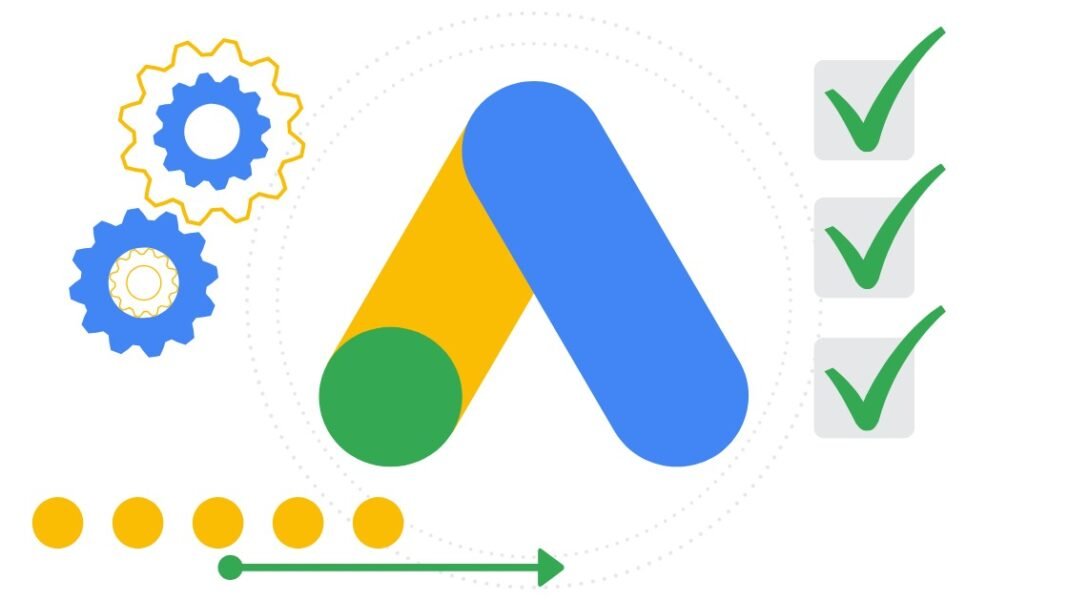In the world of digital marketing, Google Ads has become a powerful tool for businesses to reach their target audience and drive valuable traffic to their websites. To maximize the efficiency and effectiveness of Google Ads Management, automation features have been introduced. Google Ads automation offers a range of benefits, such as saving time, improving campaign performance, and enhancing return on investment (ROI). However, it is important to understand when to leverage these automation capabilities and when it’s better to rely on manual management. In this article, we will explore the ins and outs of Google Ads automation and provide insights into when it should and should not be used.
Digital marketers are constantly seeking ways to optimize their Google Ads campaigns and streamline their processes. Google Ads automation provides a solution by using machine learning algorithms to automate various aspects of campaign management. From adjusting bids and targeting specific audiences to creating responsive ads and generating keyword suggestions, automation can significantly enhance campaign performance and efficiency.
Table of Contents
Understanding Google Ads Automation
What is Google Ads Automation?
Google Ads automation refers to the use of artificial intelligence (AI) and machine learning algorithms to streamline and optimize the management of Google Ads campaigns. It involves automating tasks that would typically require manual intervention, such as bid adjustments, ad creation, and audience targeting. By leveraging automation, advertisers can focus on strategic decision-making while allowing the system to handle repetitive and time-consuming tasks.
Benefits of Google Ads Automation
- Time-saving: Automation frees up marketers’ time by handling routine tasks, allowing them to focus on strategic planning and analysis.
- Improved campaign performance: Automated bidding and targeting algorithms can optimize campaigns based on real-time data, leading to better performance and higher conversion rates.
- Enhanced scalability: Automation allows marketers to efficiently manage large-scale campaigns with numerous keywords, ad groups, and audiences.
- Increased ROI: By leveraging automation to optimize bidding and targeting, advertisers can achieve higher ROI by allocating budgets to the most valuable opportunities.
When to Use Google Ads Automation
Google Ads automation can be highly beneficial in specific scenarios where it can effectively optimize campaign performance and save time. Here are some situations where utilizing automation is recommended:
Targeting and Bidding Strategies
Automated bidding strategies, such as Target CPA (Cost Per Acquisition) and Target ROAS (Return on Ad Spend), can be advantageous when aiming to maximize conversions or revenue. These strategies leverage historical data and machine learning algorithms to automatically adjust bids based on the likelihood of achieving the desired outcome. Additionally, automated audience targeting allows advertisers to reach potential customers who are more likely to convert, increasing the efficiency of their campaigns.
Ad Scheduling and Budget Optimization
Automation can be beneficial for ad scheduling and budget optimization. With automated ad scheduling, advertisers can display their ads at specific times or days when their target audience is most active. This ensures that their ads reach potential customers at the right moment, improving the chances of conversions. Automated budget optimization dynamically allocates budgets across campaigns and ad groups, maximizing the impact of advertising spend and reducing the risk of overspending.
When Not to Use Google Ads Automation
While Google Ads automation offers numerous advantages, there are instances when relying solely on automation may not be the best approach. Consider the following scenarios where manual management is preferred:
Campaigns with Frequent Changes
If your campaigns require frequent changes in ad copy, landing pages, or offers, manual management is often more appropriate. Automation may struggle to keep up with rapidly changing elements and might not provide the level of customization required. In such cases, manual oversight and adjustment allow for greater control and flexibility.
Niche or Complex Industries
In niche industries or markets with complex customer behaviour, manual management can be more effective. Automated systems rely on historical data and patterns, which might not accurately reflect the unique dynamics of niche markets. Manual intervention enables marketers to respond to nuanced trends and make informed decisions based on industry-specific knowledge.
Finding the Right Balance
Achieving optimal results with Google Ads requires finding the right balance between automation and manual management. Here are some strategies to strike that balance:
Combining Manual and Automated Strategies
By combining manual and automated strategies, advertisers can leverage the benefits of both approaches. For example, manual management can be utilized for ad copy creation, while bidding strategies and audience targeting can be automated. This approach allows marketers to retain control over critical elements while enjoying the efficiency gains of automation.
Monitoring and Adjusting Automation Settings
Regular monitoring and adjustment of automation settings are crucial to ensure they align with campaign objectives. Marketers should closely monitor key performance metrics, assess the impact of automation, and make necessary adjustments to maximize results. This proactive approach ensures that automation remains aligned with campaign goals and adapts to changes in market dynamics.
Choosing the Right Digital Marketing Agency for Google Ads Automation
Implementing and managing Google Ads automation requires expertise and experience. Partnering with a reliable digital marketing agency can help businesses navigate the complexities of automation and achieve their advertising goals. When selecting an agency, consider the following factors:
Expertise and Experience in Google Ads
Choose an agency that has in-depth knowledge of Google Ads and a proven track record of successful campaigns. Their expertise will ensure that automation is implemented effectively, and campaigns are optimized for maximum performance.
Proven Track Record of Successful Campaigns
Look for an agency that can provide case studies or testimonials showcasing their success with Google Ads automation. A track record of delivering results demonstrates their ability to leverage automation to achieve client objectives effectively.
Customised Approach to Automation
Every business is unique, and a one-size-fits-all approach to automation may not yield the best results. Seek an agency that offers a customized approach, tailoring automation strategies to suit your specific industry, target audience, and campaign objectives.
Google Ads Management Services for Effective Automation
A reputable digital marketing agency can offer comprehensive Google Ads management services that encompass automation and more. Here are some key services that contribute to effective automation:
Keyword Research and Optimization
Thorough keyword research is vital for targeting the right audience. A skilled agency will conduct in-depth research to identify relevant keywords with high search volumes and low competition. They will optimize campaigns by incorporating these keywords strategically, increasing visibility and driving qualified traffic.
Ad Copy Creation and Testing
Compelling ad copy plays a crucial role in attracting clicks and driving conversions. A capable agency will create engaging ad copy tailored to the target audience, aligning it with automation strategies. They will also perform A/B testing to refine ad elements and improve performance continuously.
Performance Tracking and Reporting
Accurate tracking and reporting are essential for measuring campaign performance. A professional agency will monitor key metrics, such as click-through rates, conversion rates, and return on ad spend. They will provide regular reports and insights, enabling data-driven decision-making and ongoing campaign optimization.
Conclusion
Google Ads automation offers significant advantages in terms of time-saving, improved campaign performance, and increased ROI. However, it is essential to understand when to utilize automation and when manual management is more appropriate. Striking the right balance between the two approaches, monitoring automation settings, and partnering with a reliable digital marketing agency can ensure successful Google Ads campaigns that deliver optimal results.





